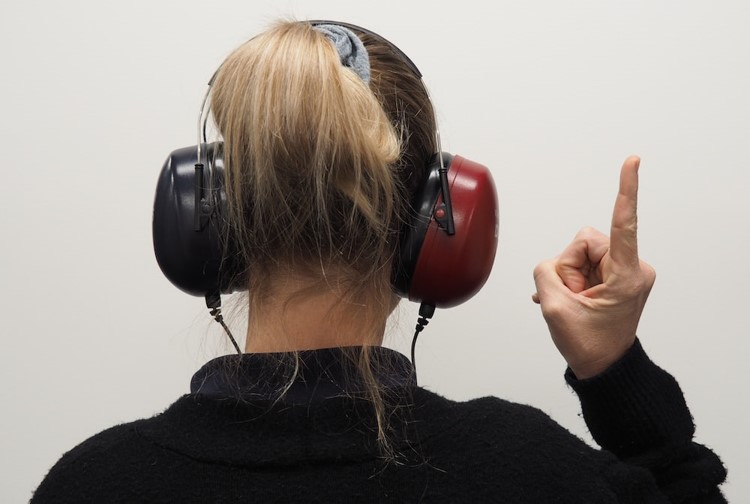The Intricacies of Hearing
Hearing, one of our five senses, plays a pivotal role in daily life. It provides communication access, music enjoyment, and alerts of potential dangers; yet when this crucial sense begins to falter it becomes much harder to manage effectively. But what happens if your hearing begins to falter?
Experience the Sounds of Life
Our ears capture an infinite array of sounds, from softly rustling leaves to an orchestra's crescendo, providing us with an intimate connection with the world around us. Hearing can stir strong emotional responses in us, prompting memories and altering mood. A laughter of loved one, the soothing melody of your favorite song or the gentle sound of raindrops on windowpane all form part of our auditory experiences. Too often we take this ability for granted, only realizing its worth once compromised. Imagine living in a world in which familiar sounds become muffled silence – this is the reality for those with hearing loss, an often overlooked condition with significant implications on quality of life.
The Impact of Hearing Loss
Hearing loss affects every aspect of a person's life – from communication and social interactions, mental health issues and overall well-being. Though its impact may be subtle at first, with difficulty hearing in noisy environments or comprehending certain high-pitched sounds, over time its consequences can lead to an irreparable decrease in auditory perception. Untreated hearing loss can create feelings of isolation and frustration for those affected, making conversations challenging and depriving them of entertainment like music or movies that they once enjoyed. Furthermore, untreated hearing loss has been linked to cognitive decline as well as depression and anxiety; hence the importance of early diagnosis and intervention measures in dealing with its pervasiveness.
Levels of Hearing Loss
Hearing loss ranges in severity from mild to profound and each stage brings its own set of challenges. Mild loss might cause difficulty hearing quiet or distant sounds while moderate loss may necessitate using hearing aids in order to increase sound levels. Individuals living with severe hearing loss may rely on lip-reading or sign language as their main form of communication, even when using hearing aids. Individuals living with profound hearing loss might only hear very loud sounds or no sounds at all, relying solely on visual methods of communicating. Understanding these levels is critical not only for individuals living with hearing loss themselves but also their loved ones, colleagues, and friends – it fosters empathy, patience, and effective communication strategies that lead to increased social inclusion and understanding among peers.
Solutions and Coping Strategies
Living with hearing loss does not spell doom for effective communication or experiencing life to its fullest. There are various solutions and coping strategies that can greatly increase quality of life for those affected. Hearing aids are one of the most commonly employed solutions, amplifying sounds to a level an individual can hear. Cochlear implants may also provide relief to those suffering severe to profound hearing loss by bypassing damaged areas of their ears directly stimulating auditory nerve. FM systems and similar assistive listening devices can be invaluable tools in situations like classrooms or meetings, relaying sound directly to an individual's hearing aid or cochlear implant device. Hearing aids vs cochlear implants vs assistive listening devices – there's no single solution that fits everyone, and individuals are advised to discuss all available options with an audiologist in order to find one which best addresses their type and degree of hearing loss. Apart from these steps, learning sign language and lip-reading can also prove extremely valuable. Furthermore, receiving support from family, friends, and hearing loss communities can make a tremendous difference when dealing with hearing loss challenges.
Conclusion
Hearing loss is a journey filled with both challenges and opportunities. But with the appropriate tools and support in place, individuals with hearing loss can lead meaningful lives filled with life’s sounds. Above all else, unconditional support from family, friends and the wider community is invaluable in overcoming hearing loss's many obstacles. While hearing loss may alter an individual's life drastically, it does not define or limit them as individuals can flourish with understanding, patience and proper strategies in place to manage hearing loss in both personal and professional endeavors.
839GYLCCC1992




Leave a Reply